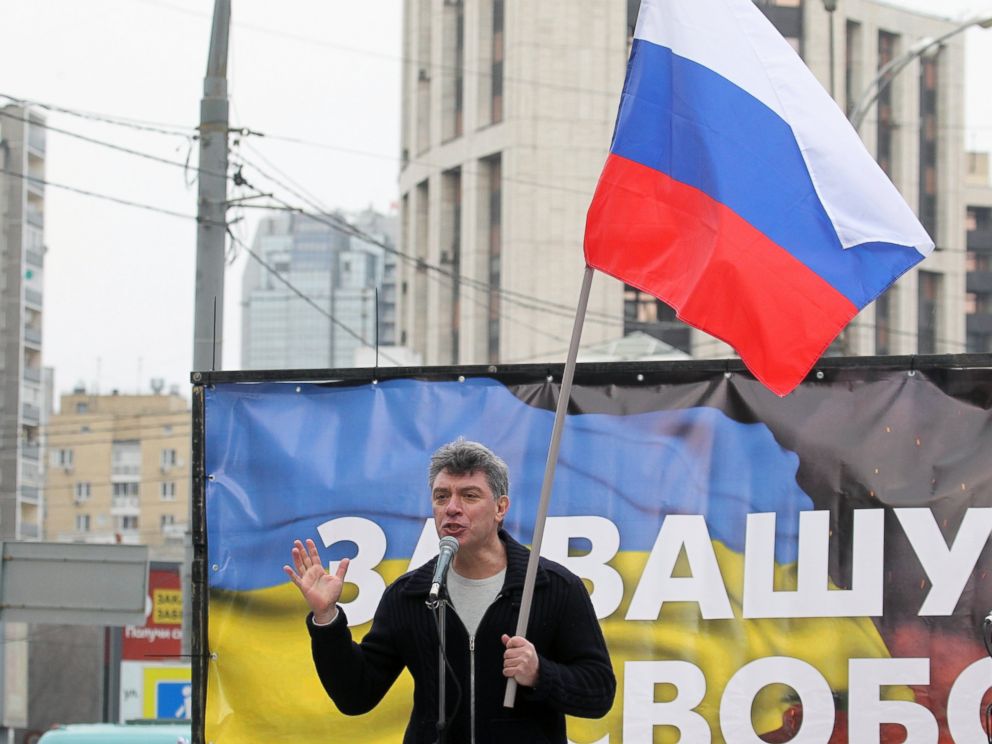By Kyle Herda
Impunity Watch Reporter, Europe
PARIS, France – U.N. Human Rights Chief Zeid Ra’ad Al Hussein recently spoke out against not only terrorism, but also against nations who lowered themselves to the level of the terrorists by employing tactics that violate human rights. “The fight against terror is a struggle to uphold the values of democracy and human rights, not undermine them,” Hussein said. He believes nations fighting terrorism are also restricting and violating the rights of people in the name of ‘national security.’

Hussein worries that employing questionable tactics in the fight against terrorism may actually be assisting terrorists. For example, ISIS has already successfully used human rights violations by the US at Guantanamo Bay as a propaganda tool to recruit more members. “Counter-terrorist operations that are non-specific, disproportionate, brutal and inadequately supervised violate the very norms that we seek to defend,” Hussein claimed. Hussein also criticized the US for its use of torture in the name of ‘national security,’ including torture sites throughout Europe.
Hussein was also quick to criticize the terrorists employing brutal tactics to begin with. While world powers may be acting in ways that fuel terrorism, “experiences of humiliation, inequality and discrimination … may drive, though they do not excuse, the urge to destroy.” Many of these violations have occurred over the past year at the hands of ISIS or affiliates of, including at least two terrorist attacks on European targets (Charlie Hebdo in Paris and a Jewish Museum in Brussels).
Also targeted by Hussein was the silencing of opposition to the Kremlin, Boris Nemtsov. First, Nemtsov was killed in Moscow, sparking international demand for an international investigation to ensure Putin is not involved and to bring the right people to jusitce. Since then, detained suspects claimed to be responsible for the killing have been showing signs of torture after being detained, with one, Rustam Yusupov, reportedly missing since detention.
It is precisely the injustices around the world in some leading nations that Hussein believes is fueling terrorism and allowing extreme human rights violations to occur. By eliminating torture, racial insensitivity and inequality, and wrongful silencing of the opposition, Hussein believes leading nations can better preserve human rights while also properly combatting terrorism.
For more information, please see:
Reuters – Suspects in Nemtsov killing probably tortured – Russian rights activist – 11 March 2015
The New York Times – U.N. Rights Chief Criticizes World Powers – 5 March 2015
Mail & Guardian – UN calls on countries to ‘root out’ injustices that fuel extremism – 5 March 2015
UN News Centre – Member States must enforce human rights amid rising tide of extremism – UN rights chief – 5 March 2015


